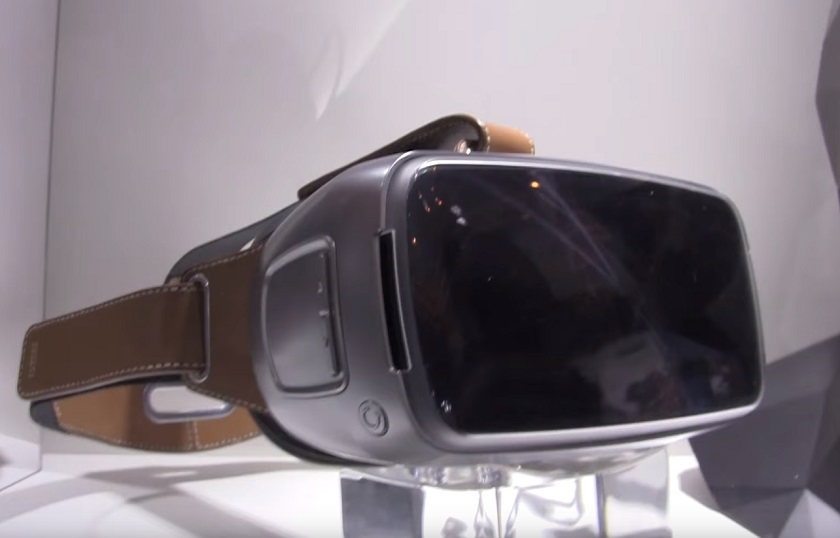
- Google will reportedly buy Lytro for no more than $40 million, though an exact sale figure could not be determined.
- Lytro is known for its light field technology, though the company also released two cameras.
- The deal would put Lytro's 59 patents under Google's control.
Founded in 2006, Lytro is more known for its light field technology than its experimental cameras that featured the technology. Lytro might also be the latest company that Google has its eyes on, with the search giant reportedly looking to buy it for no more than $40 million.
TechCrunch's sources appeared unsure about the exact sale value. Even though one source said Google will buy Lytro for $40 million, another said the sale might be as low as $25 million.
Sources also said Lytro was shopped around to Facebook and Apple, though Google appears to be the final bachelor.
Regardless of how much it sells for, Lytro would have a tough pill to swallow. The company reportedly raised $200 million in funding and was valued at $360 million following its last round of funding in 2017.
Unlike Google's deal with HTC, its deal with Lytro would not include employee migration. A separate source told TechCrunch that some Lytro employees were cut loose and received severance pay, while others left on their own accord. Instead, the deal is reportedly an "asset sale," since Google only wants Lytro's technology and patents. As such, the search giant would presumably get Lytro's 59 patents that relate to digital and light field photography. The patents would then be used to further Google's goals for VR and light fields. The technology would allow for more realistic textures and lighting, motion parallax, and a stronger cue that you are in a 3D space.
Google currently captures light fields with a modified Jump VR rig that vertically arcs 16 cameras and puts them on a rotating platform. Google recently released its "Welcome to Light Fields" app for the HTC Vive, Oculus Rift, and Windows Mixed Reality headsets.
Getting Lytro's patent portfolio would allow Google to better compete with the likes of Facebook, Magic Leap, and others. The deal would also catapult Lytro's light field technology into the spotlight, though Lytro's journey was an interesting one.
Lytro originally wanted to make light field cameras that allow for refocusing after taking a picture. The first camera was, funny enough, shaped like a square tube before moving on to the more traditionally-shaped Illum camera in 2014. Their high sticker prices pushed them to niche territory, though both devices eventually saw significant discounts.
2015 saw Lytro pivot to Immerge, its VR rig that can supposedly capture data points from every direction within a given volume.
Impressive technology aside, VR is not yet the money maker that it was predicted to be when Oculus arrived on the scene in 2012. Also, Lytro seems to have considerably stagnated, if the sale figure is any indication. Perhaps a buyout from one of the world's largest companies might be the only logical course of action.
from Android Authority http://ift.tt/2pujmzX
via IFTTT

Aucun commentaire:
Enregistrer un commentaire